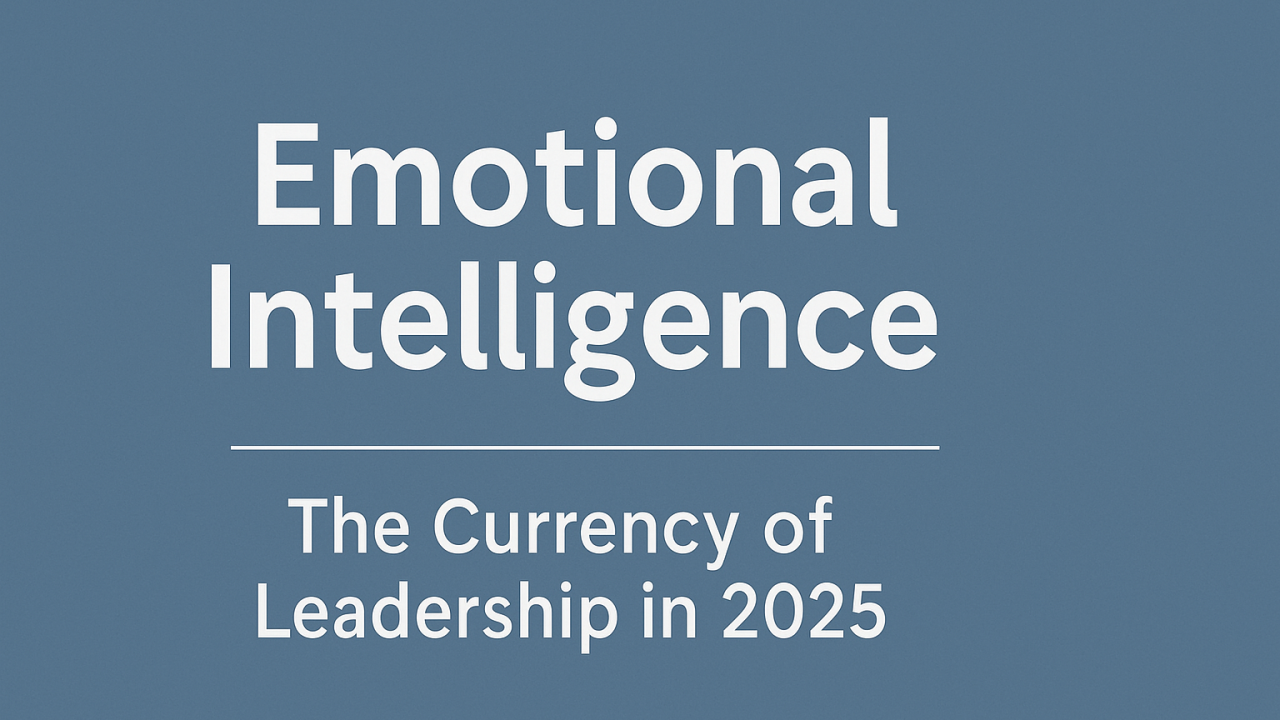Body
In the evolving landscape of business leadership, Emotional Intelligence (EQ) has emerged as a pivotal factor distinguishing effective leaders from the rest. While traditional metrics like IQ and technical expertise remain valuable, EQ encompasses the ability to recognize, understand, and manage one's own emotions, as well as the emotions of others. This skill set is increasingly recognized as essential for success in leadership roles.
The Core Components of Emotional Intelligence
Daniel Goleman, a renowned psychologist, identifies five key components of EQ:
-
Self-Awareness: Recognizing and understanding one's emotions and their impact on others.
-
Self-Regulation: Managing one's emotions healthily and constructively.
-
Motivation: Harnessing emotions to pursue goals with energy and persistence.
-
Empathy: Understanding, recognizing, and considering other people's emotions.
-
Social Skills: Managing relationships to move people in desired directions.
These components collectively contribute to a leader's ability to navigate complex interpersonal dynamics and make informed, compassionate decisions.
Why Emotional Intelligence Matters for MBA Graduates
For MBA graduates, especially those aspiring to leadership positions, EQ is increasingly becoming a differentiator. Research indicates that leaders with high EQ are better equipped to handle stress, resolve conflicts, and foster a positive work environment. They are adept at building trust, motivating teams, and driving organizational success. In fact, studies have shown that emotional intelligence can be a stronger predictor of leadership success than traditional measures like IQ or technical skills.
Developing Emotional Intelligence
While some individuals may have a natural inclination towards high EQ, it is a skill that can be developed and refined over time. MBA programs are increasingly incorporating EQ training into their curricula, recognizing its importance in shaping well-rounded leaders. Activities such as reflective journaling, mindfulness practices, and feedback sessions can enhance self-awareness and self-regulation. Additionally, engaging in active listening and empathy exercises can improve interpersonal relationships and communication skills.
As the business world becomes more interconnected and complex, the ability to lead with emotional intelligence will be a defining characteristic of successful leaders. For MBA graduates, cultivating EQ is not just beneficial but essential for navigating the challenges of modern leadership. By investing in the development of emotional intelligence, aspiring leaders can position themselves for sustained success and make a meaningful impact in their organizations.



